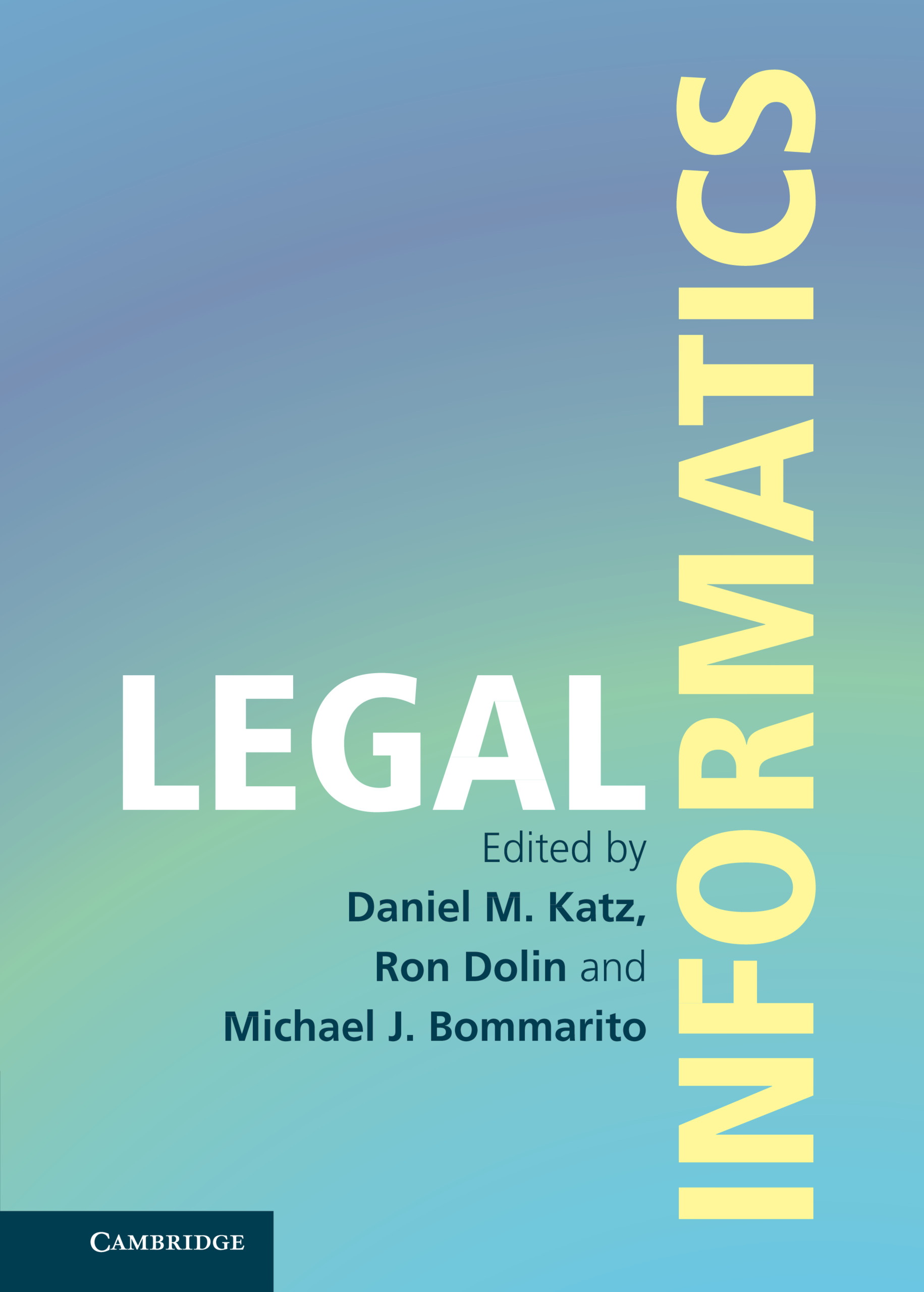3.9 - Mining Information from Statutory Texts in a Public Health Domain
from C. - Legal Research, Government Data, and Access to Legal Information
Published online by Cambridge University Press: 04 February 2021
Summary
This case study describes how a team of computer scientists assisted a team of public health researchers by applying machine learning to extract information from statutory texts. Researchers at the University of Pittsburgh’s Graduate School of Public Health (SPH) had been manually mining specific information from federal, state, and local laws and regulations concerning public health system emergency preparedness and response. The analysts used the information to assess and compare states’ regulatory frameworks concerning emergency preparedness. They retrieved candidate legal and regulatory texts from a full-text legal information service, identified relevant spans of text, and systematically categorized the spans in terms of a coding scheme. The SPH’s coding scheme captured information about agencies and actors in a state’s public health system who were directed by statute to interact with one another in particular ways while dealing with public health emergencies. Based on the coded information, the SPH constructed statutory network diagrams of legally mandated interactions among actors. These network diagrams provide insight into those statutory texts that directed the interactions.
Information
- Type
- Chapter
- Information
- Legal Informatics , pp. 371 - 392Publisher: Cambridge University PressPrint publication year: 2021
